Comprehensive Guide to Travel Preparation for Nigerian Explorers
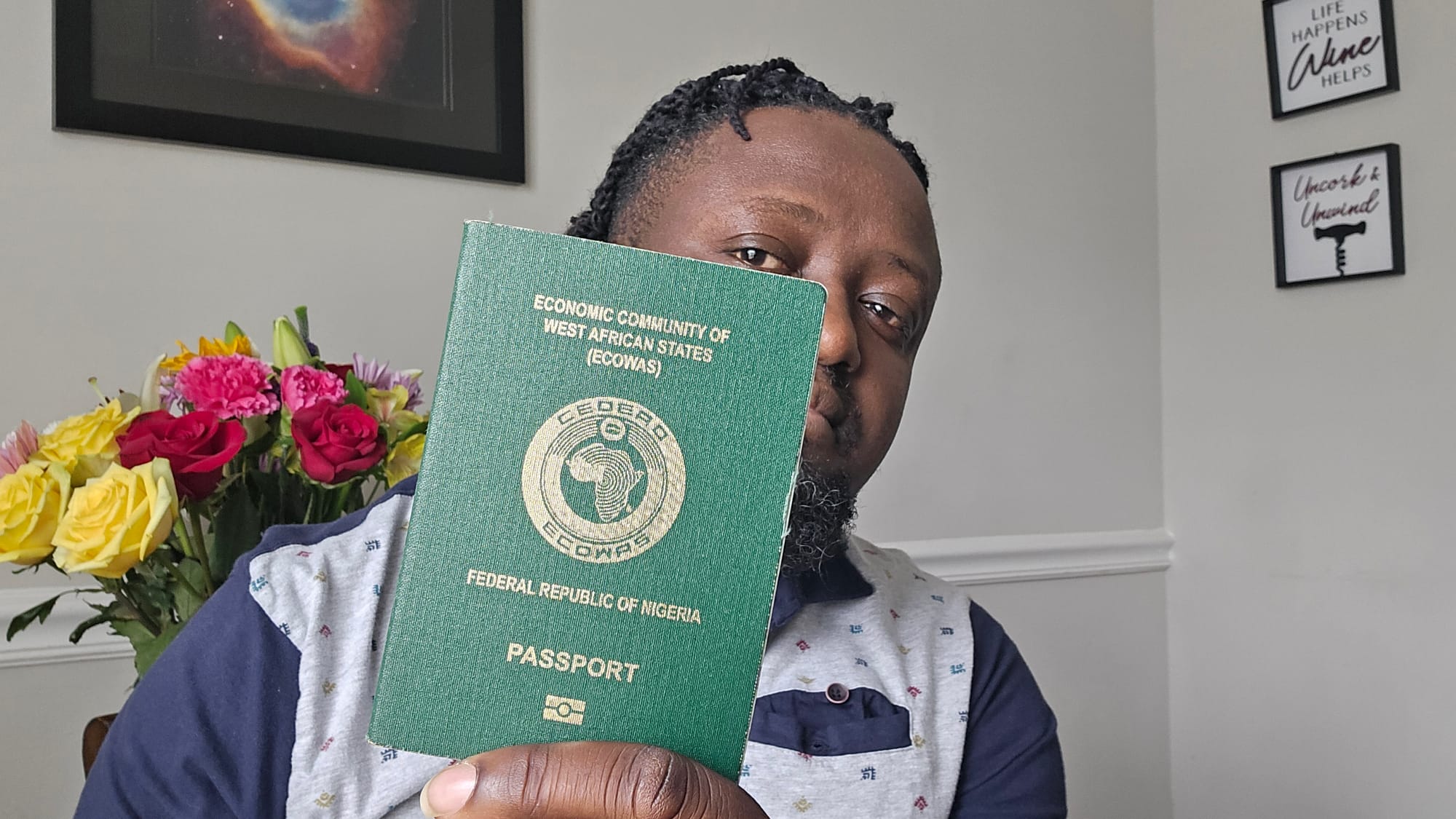
Traveling as a Nigerian presents unique challenges, including visa restrictions and financial limitations. However, these barriers can be navigated with meticulous preparation to ensure a seamless travel experience. Whether you are a first-time traveler or a seasoned globetrotter, this guide provides essential steps to prepare for your journey effectively.
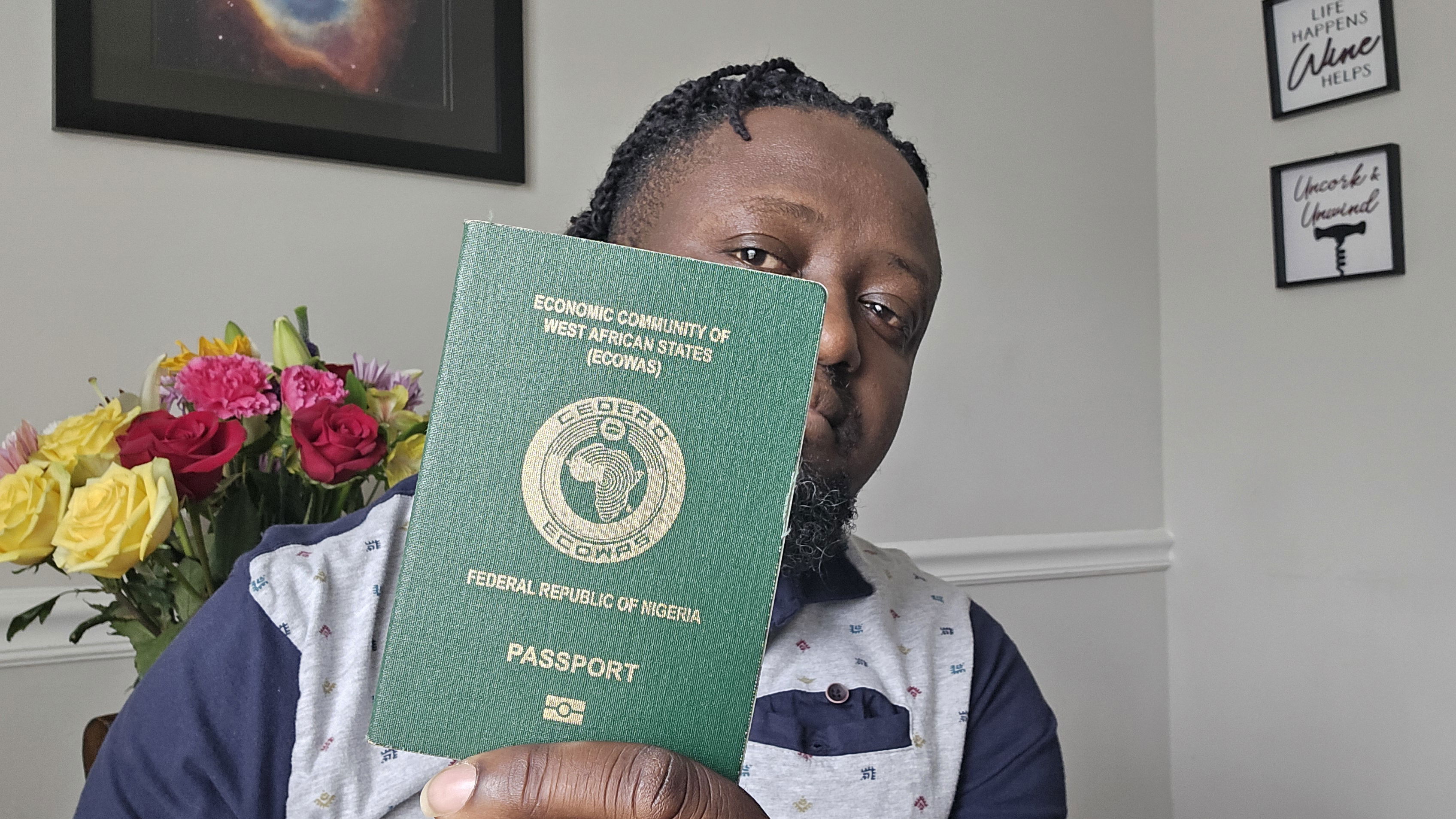
1. Organizing Travel Documents A valid passport is the foundation of international travel. Before making any arrangements, ensure that your Nigerian passport remains valid for at least six months beyond your intended return date. Additionally, researching visa requirements for your destination is crucial to avoid last-minute complications.
- Visa Application: Confirm whether your destination requires a visa, offers a visa on arrival, or is visa-free. If a visa is necessary, gather all supporting documents, including financial statements, flight reservations, and accommodation details.
- Travel Insurance: Many countries mandate travel insurance for visa approval. It also protects against medical emergencies, baggage loss, and trip disruptions.
- Document Backups: To mitigate the impact of loss or theft, maintain both physical and digital copies of your passport, visa, and other essential documents.
- Health Certificates: Some destinations require proof of vaccinations, such as the yellow fever certificate. Ensure compliance with these regulations.
2. Managing Financial Considerations

Access to funds while traveling is a critical factor, especially considering recent foreign exchange restrictions for Nigerian travelers.
- International Banking Options: Confirm that your debit or credit cards function internationally and notify your bank about your travel plans to prevent transaction restrictions.
- Foreign Currency: While digital payments are becoming more prevalent, it is advisable to carry a reasonable amount of foreign currency for transactions in cash-dependent regions.
- Mobile Payment Solutions: Services such as PayPal, Wise, and local mobile money applications may serve as viable alternatives in situations where Nigerian-issued cards are not accepted.
- Budget Planning: Establish a comprehensive travel budget to manage expenses and avoid financial strain.
3. Packing Essentials
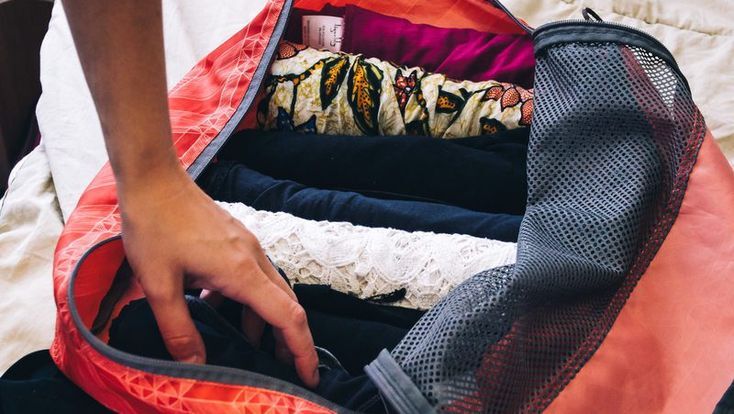
Efficient packing contributes to a smooth and enjoyable travel experience. A well-organized suitcase prevents overpacking while ensuring readiness for various conditions.
- Weather-appropriate clothing: Research the climate of your destination and pack accordingly.
- Comfortable Footwear: Essential for extended periods of walking and exploration.
- Technology Essentials: Carry a power bank, universal adapter, and additional charging cables to maintain connectivity.
- Toiletries and Medications: Pack travel-sized personal care items and any necessary prescription medication.
- Daypack: A small backpack facilitates ease of movement during day trips and excursions.
4. Accommodation and Transportation Arrangements
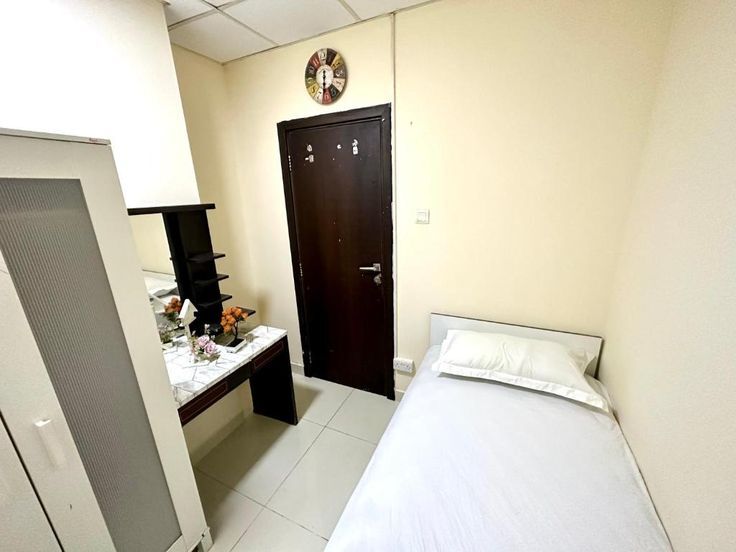
Securing accommodation and planning transportation enhances convenience and minimizes last-minute difficulties.
- Accommodation Reservations: Utilize platforms such as Booking.com, Airbnb, and Hostel world to secure lodging at competitive rates.
- Transportation Planning: Research available airport transfer options, public transportation systems, or car rental services.
- Offline Navigation Tools: Download offline maps using applications like Google Maps or Maps.me to facilitate navigation without internet access.
5. Ensuring Connectivity and Communication
Staying connected while abroad is crucial for both convenience and safety.

- Local SIM Cards or eSIMs: Verify if your mobile device supports eSIMs, which can be purchased online before departure.
- Emergency Contact Information: Store local emergency numbers and the contact details of the nearest Nigerian embassy or consulate.
- Basic Language Skills: Learning a few key phrases in the local language can enhance interactions and cultural immersion.
6. Prioritizing Safety and Security
As a Nigerian traveler, being cognizant of potential security risks can prevent avoidable complications.
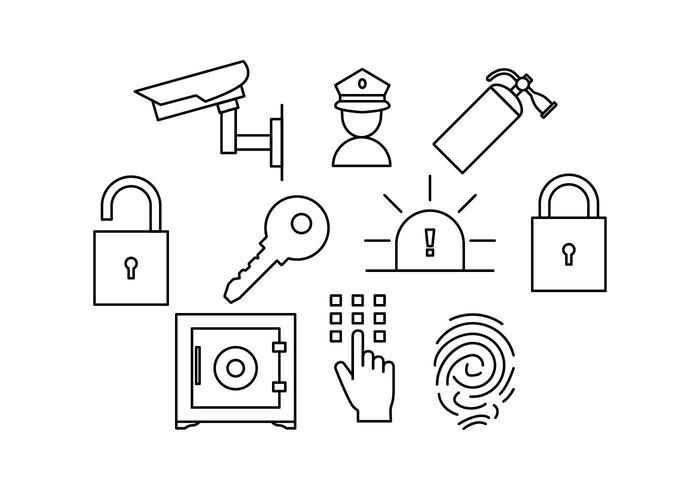
- Safeguard Valuables: Utilize anti-theft travel bags and keep important documents and money in secure locations.
- Emergency Contingency Plans: In the event of lost luggage or stolen items, having emergency cash and backup copies of travel documents can prove invaluable.
- Health and Safety Precautions: Carry a basic first aid kit containing essential medications and first aid supplies.
7. Understanding Local Customs and Legal Regulations
Each destination has distinct cultural norms and legal frameworks that should be respected to ensure a pleasant travel experience.

- Dress Codes: Some regions enforce strict dress codes, particularly in religious or conservative communities.
- Restricted Items: Familiarize yourself with local regulations regarding prohibited items to prevent issues at customs.
- Cultural Etiquette: Understanding and respecting local customs fosters positive interactions and enhances the overall travel experience
8. Planning Itinerary and Activities
A structured itinerary ensures efficient time management and maximization of experiences during the trip.
- Identifying Key Attractions: Research notable sites and experiences to prioritize during your visit.
- Advance Booking of Tickets: Secure reservations for museums, guided tours, and popular attractions to avoid long queues.
- Exploring Local Cuisine: Sampling traditional dishes enhances cultural appreciation and provides an authentic travel experience.

Traveling as a Nigerian may come with its challenges, but with adequate preparation, these obstacles can be mitigated. By organizing travel documents, managing finances effectively, and ensuring personal security, travelers can enjoy a smooth and rewarding journey. Regardless of your destination, representing Nigeria positively and inspiring others to embrace global travel remains an important mission. Where will your next adventure take you? Let’s continue to explore and redefine the global narrative for Nigerian travelers.


